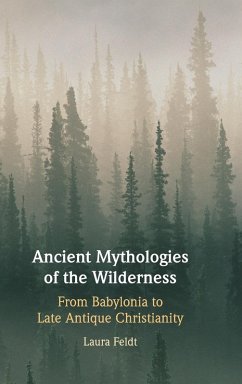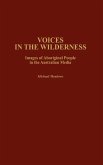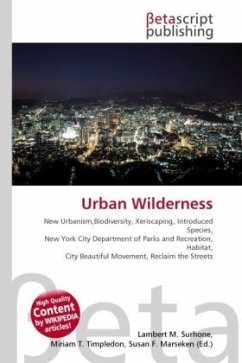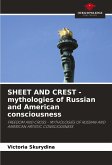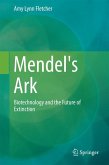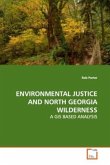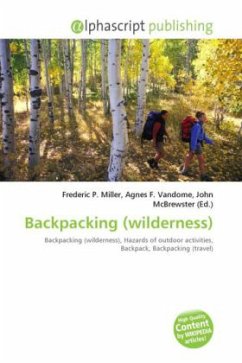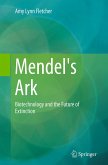Ancient wilderness mythologies have been criticised for their role in forming anthropocentric outlooks on the natural world, and idealising human separateness from the rest of the living world. Laura Feldt here challenges these ideas and presents a new approach to the question of the formative role of ancient wilderness mythologies. Analysing seminal ancient myths from Mesopotamia and ancient Jewish and Christian texts, she argues that these narratives do not idealise the destruction of and dominion over wildlands. Instead, they kindle emotions like awe and wonder at the wild powers of nature. They also provide a critical perspective on human societies and power and help form identities and experiences that resonate with the more-than-human world. Feldt also demonstrates how ancient wilderness mythologies played a decisive role in shaping the history of religions. As a sphere of intense emotion and total devotion, wilderness generates tendencies towards the individualisation and interiorisation of religion.
Bitte wählen Sie Ihr Anliegen aus.
Rechnungen
Retourenschein anfordern
Bestellstatus
Storno

